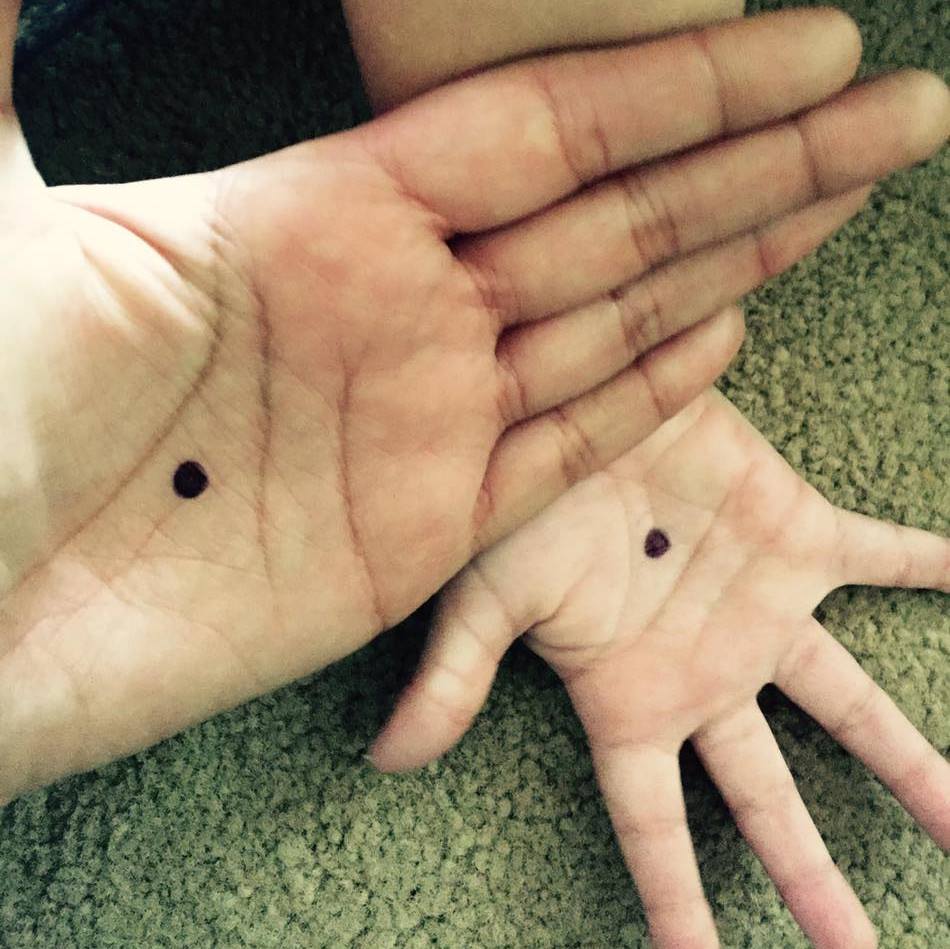-
Tips for becoming a good boxer - November 6, 2020
-
7 expert tips for making your hens night a memorable one - November 6, 2020
-
5 reasons to host your Christmas party on a cruise boat - November 6, 2020
-
What to do when you’re charged with a crime - November 6, 2020
-
Should you get one or multiple dogs? Here’s all you need to know - November 3, 2020
-
A Guide: How to Build Your Very Own Magic Mirror - February 14, 2019
-
Our Top Inspirational Baseball Stars - November 24, 2018
-
Five Tech Tools That Will Help You Turn Your Blog into a Business - November 24, 2018
-
How to Indulge on Vacation without Expanding Your Waist - November 9, 2018
-
5 Strategies for Businesses to Appeal to Today’s Increasingly Mobile-Crazed Customers - November 9, 2018
Black Dot campaign could make victims more vulnerable
The creator of the “Black Dot Campaign” on Facebook says this campaign has helped reach 10-million people worldwide.
Advertisement
Can victims of domestic violence effectively send out a secret message for help by drawing black dots on their palms?
Far too often, when a person is in a relationship that is dominated by domestic violence, it is hard to reach out for help.
Advocates at Bradley Angle, a local non-profit that works with victims of domestic violence, say it could be a life-saving tool, especially for victims forced to rely on strangers, such as doctors and nurses, for help.
“Having the black dot campaign or even just easier access to help would have gotten them out of the situation much earlier”, said Samantha Sacco.
But some have been quick to point out flaws in the campaign.
Critics say that the abusers would see the dots as well. Many have pointed out that professional support charities and organisations may not be aware of the black dot campaign and will have not received training on what to do when confronted with it. She added that this campaign was targeted towards domestic abuse’s “most vulnerable victims”. Supporters dismiss that claim, saying that the dots can be easily wiped off and the hand washed clean.
If you see the black dot on the hand of a friend, Carlson says the best thing to do is ask how you can help, but always remember that the survivor is the expert in their own life, so she says it is very important to follow their lead with how you can help.
“When people contact us we open the gates of communication and put them in touch with people who can really help”. “I think that it could be putting the women more at risk than anything else”, Iovieno said.
Danielle Tredgett, the woman behind the campaign, wrote that when she was a victim of abuse she, “felt so alone with nobody to talk to”. In an interview with the BBC, she warned victims that “if it’s not safe to draw a black dot, don’t do it”.
Advertisement
“It can be very hard and unsafe for victims of domestic abuse to speak out about what is happening to them, due to fear of what the perpetrator will do, and fear of not being believed”, Polly Neate from Women’s Aid told The Huffington Post.




























